
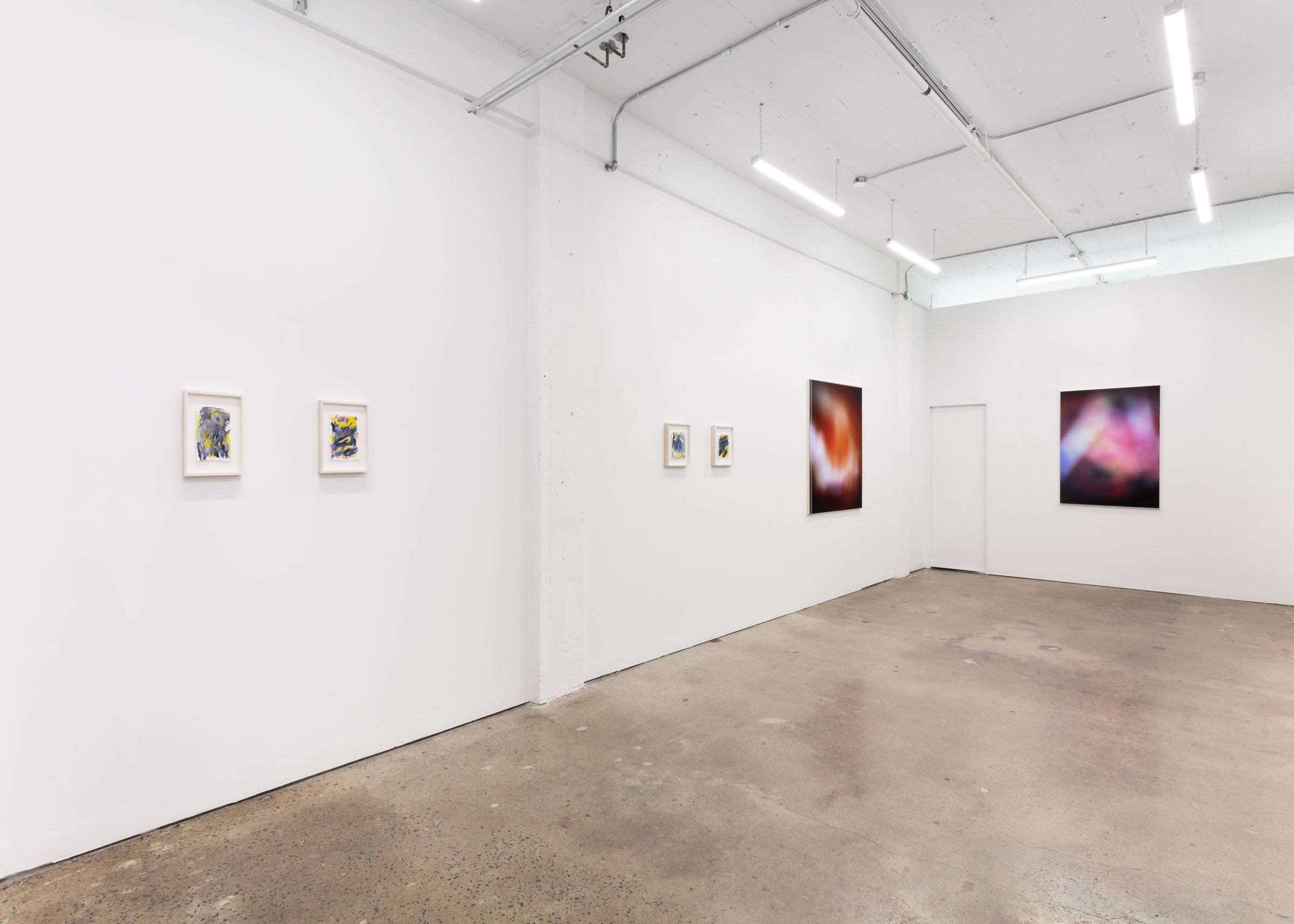
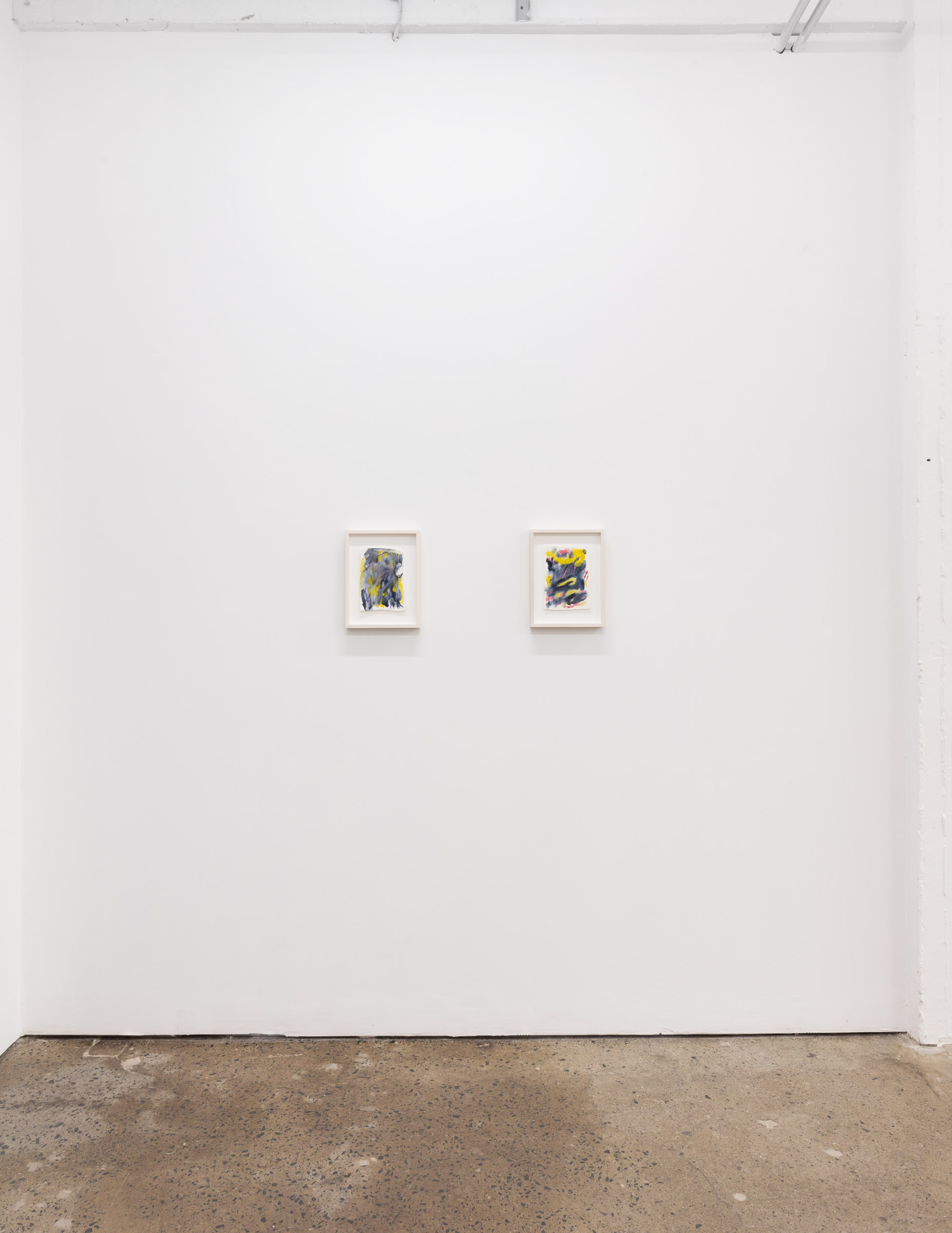
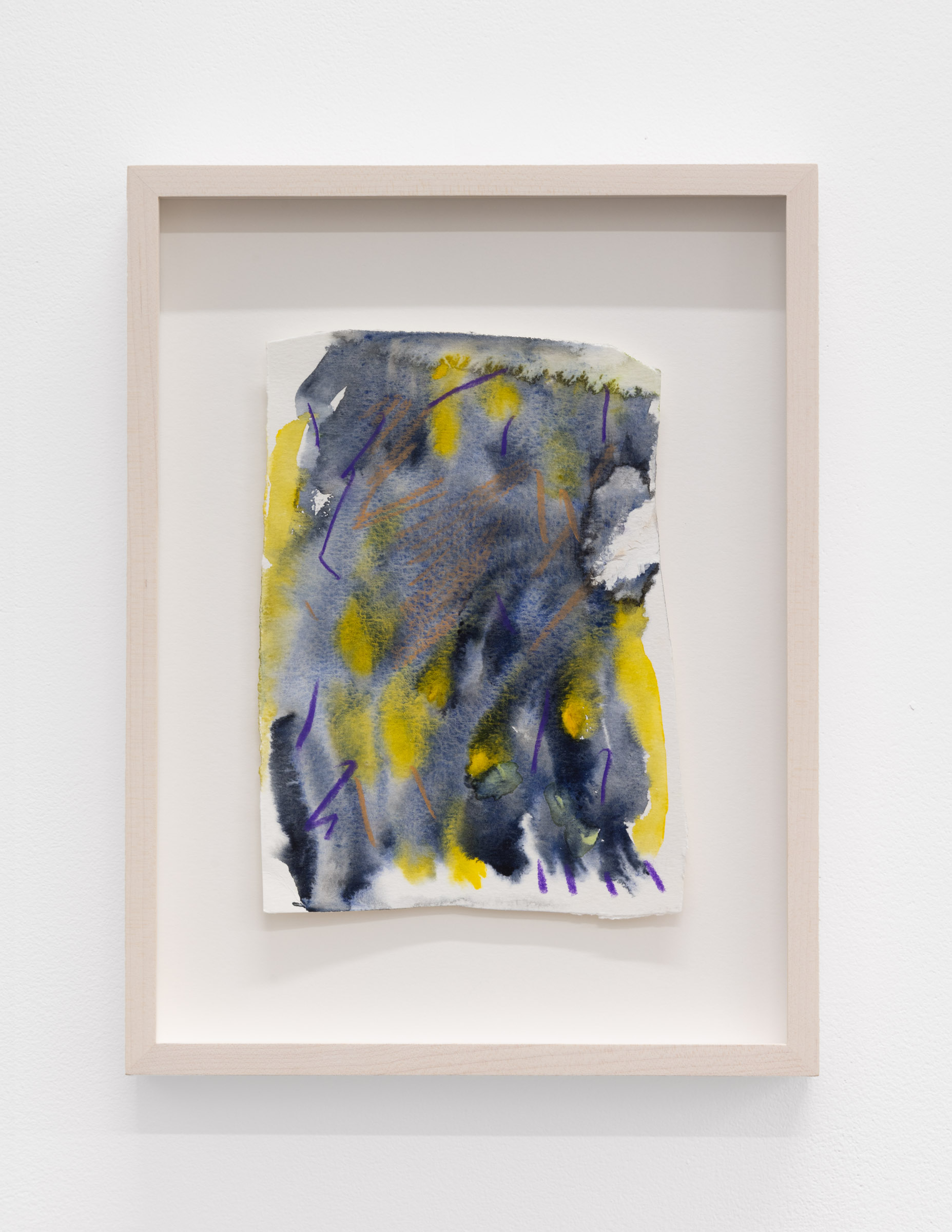

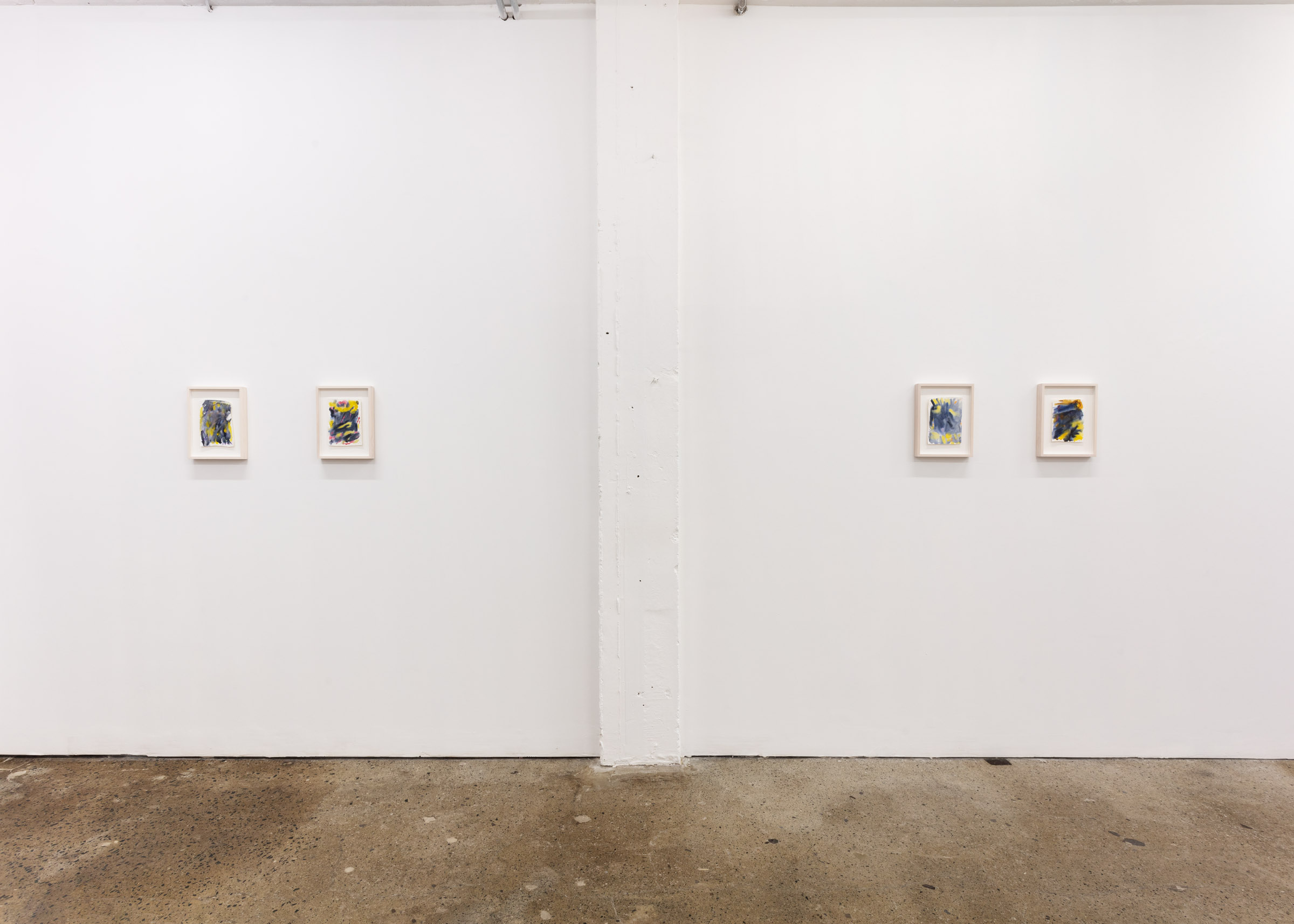
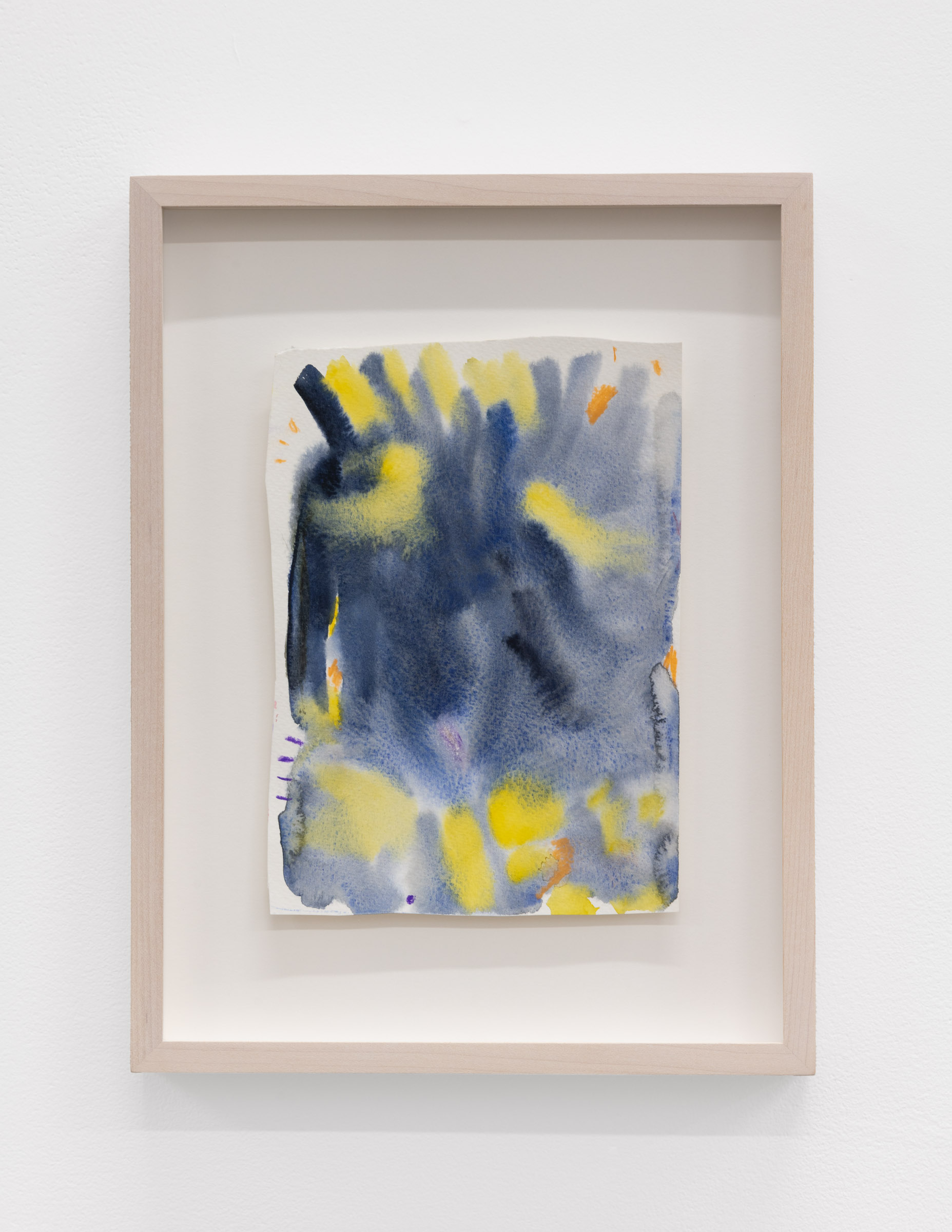


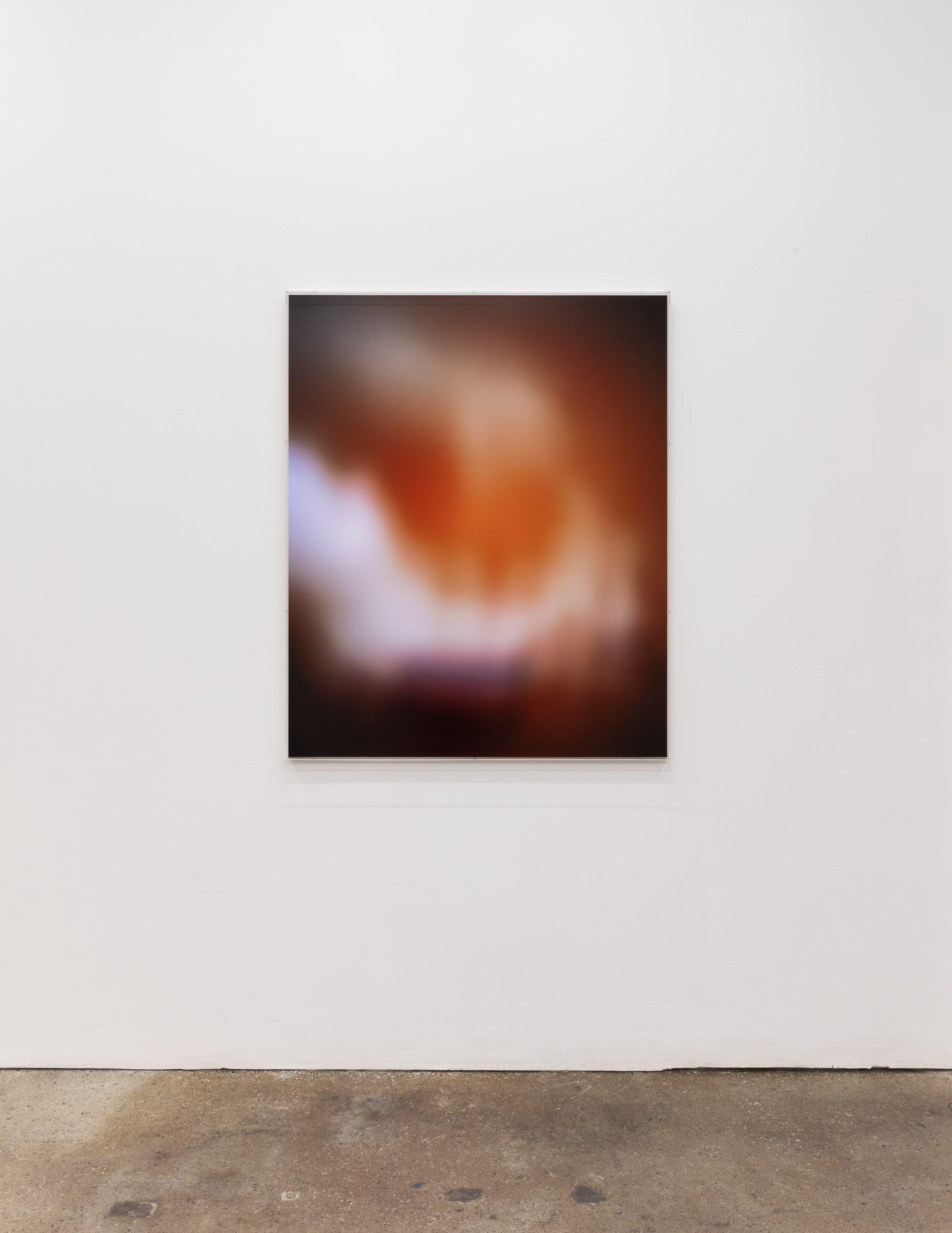
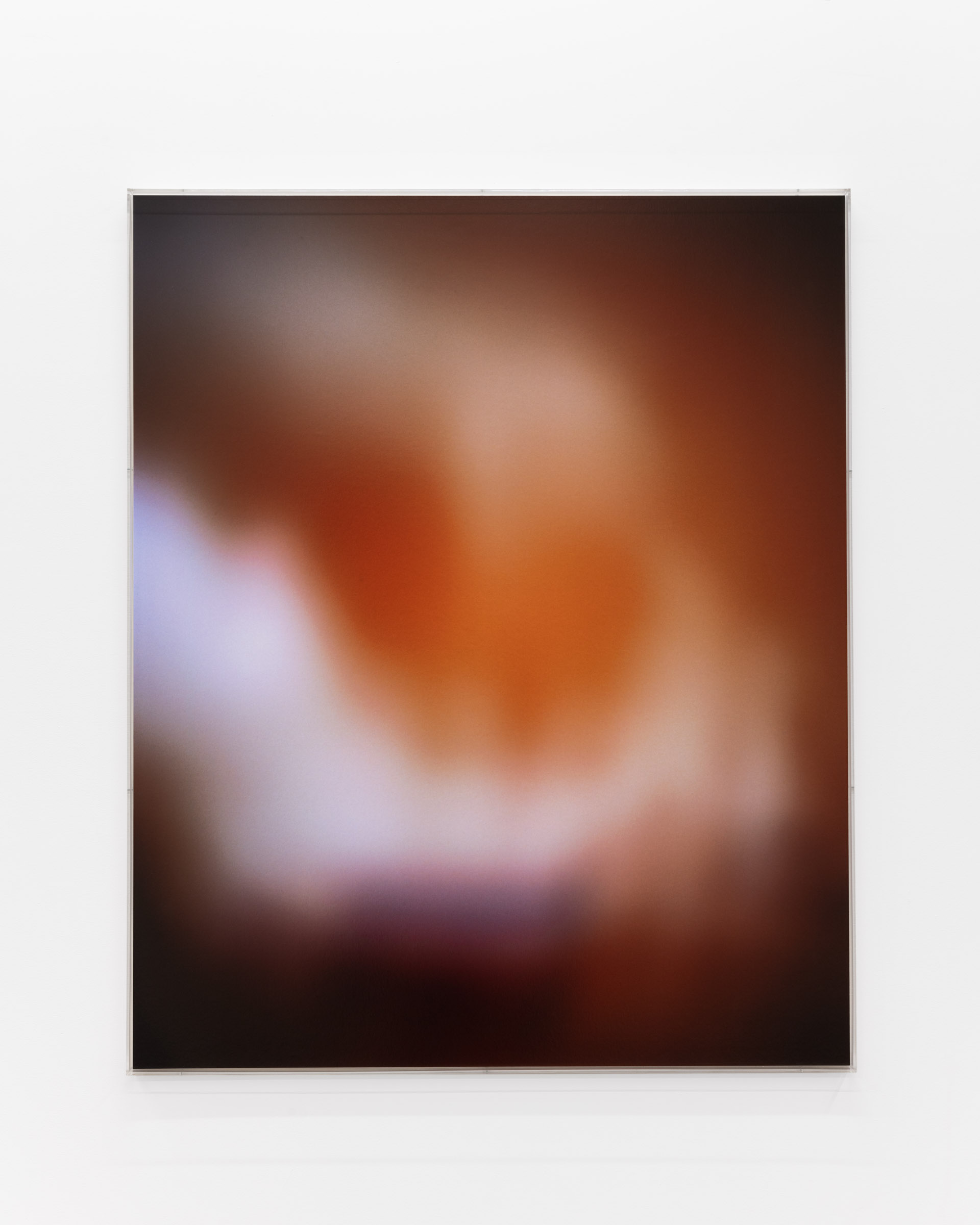



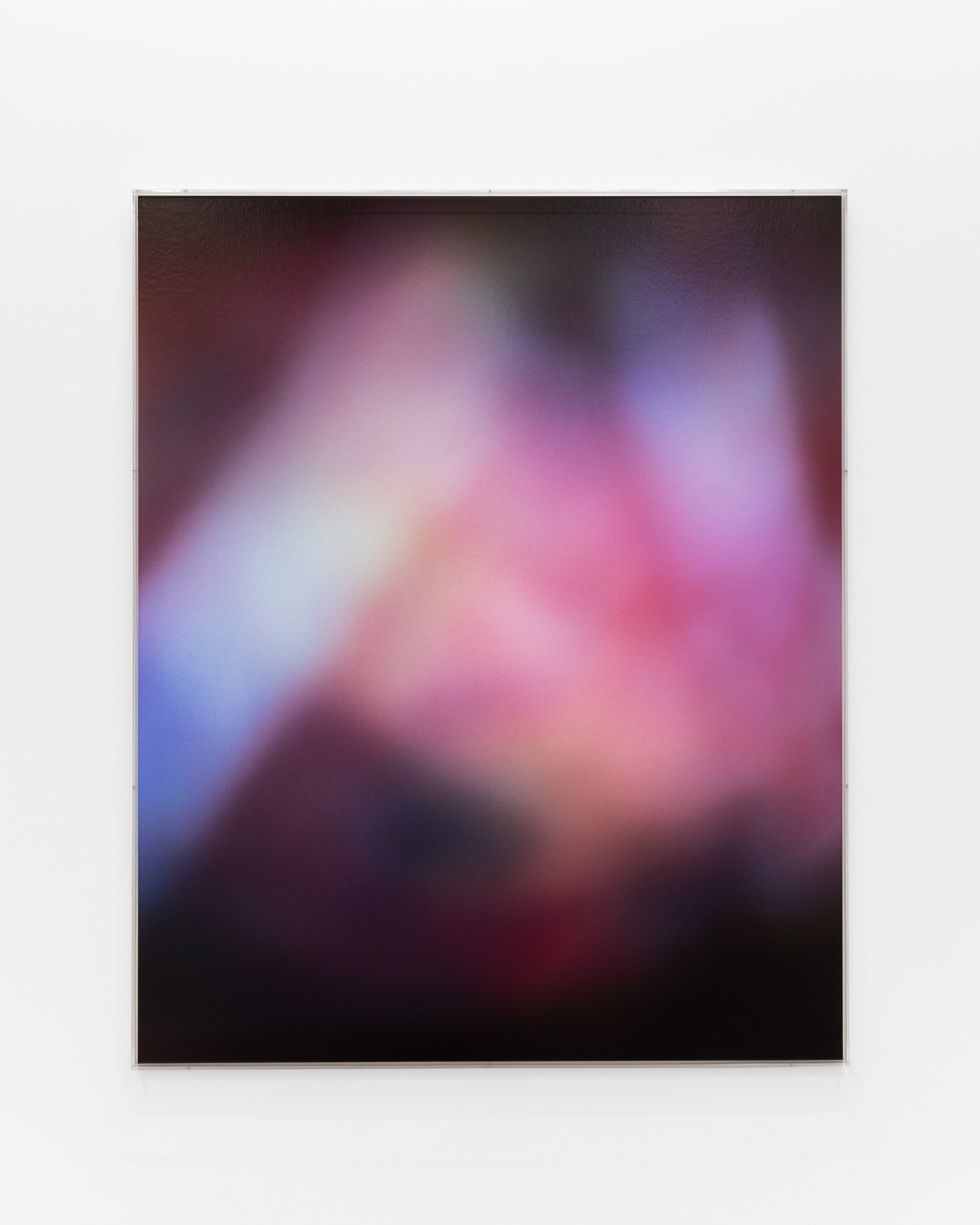


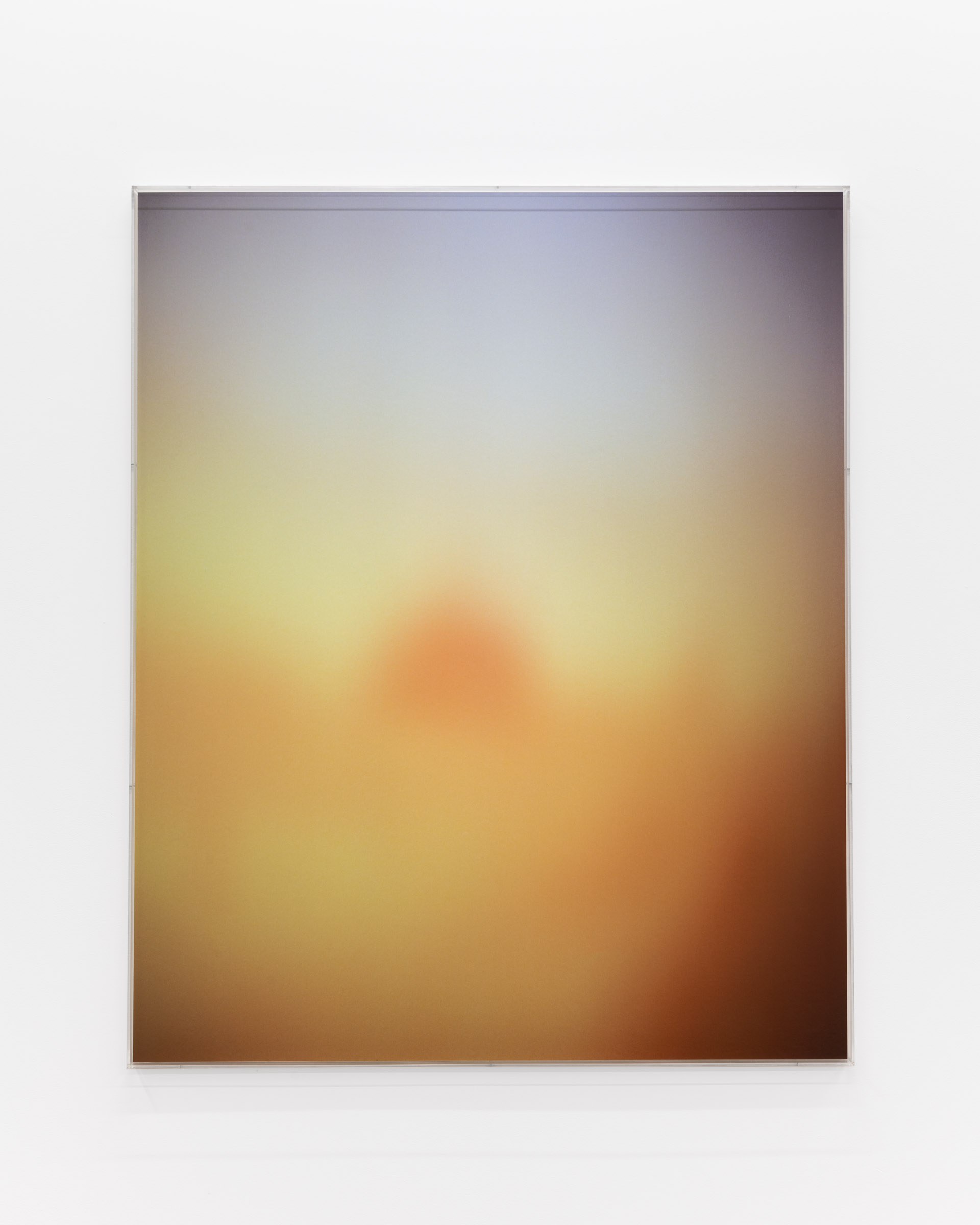


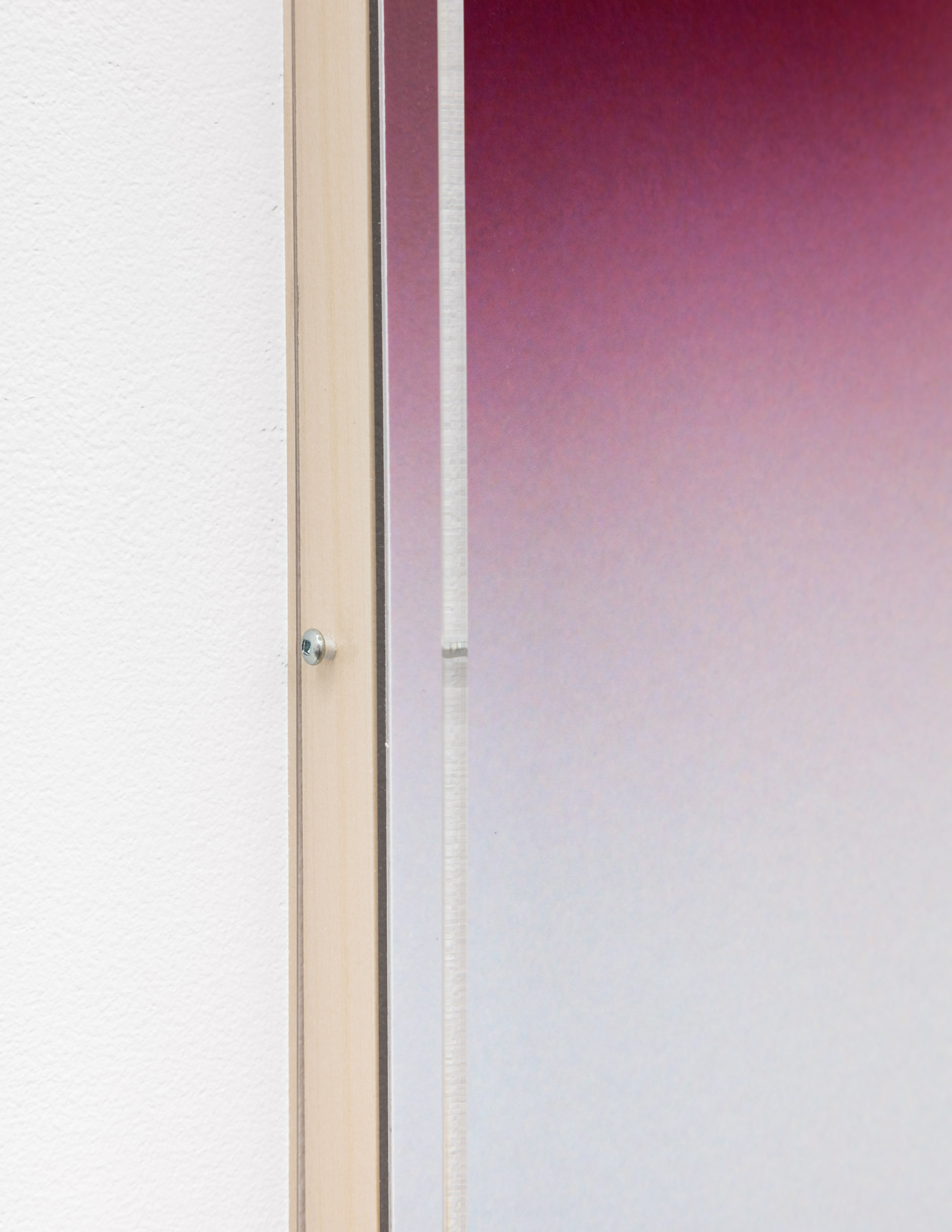
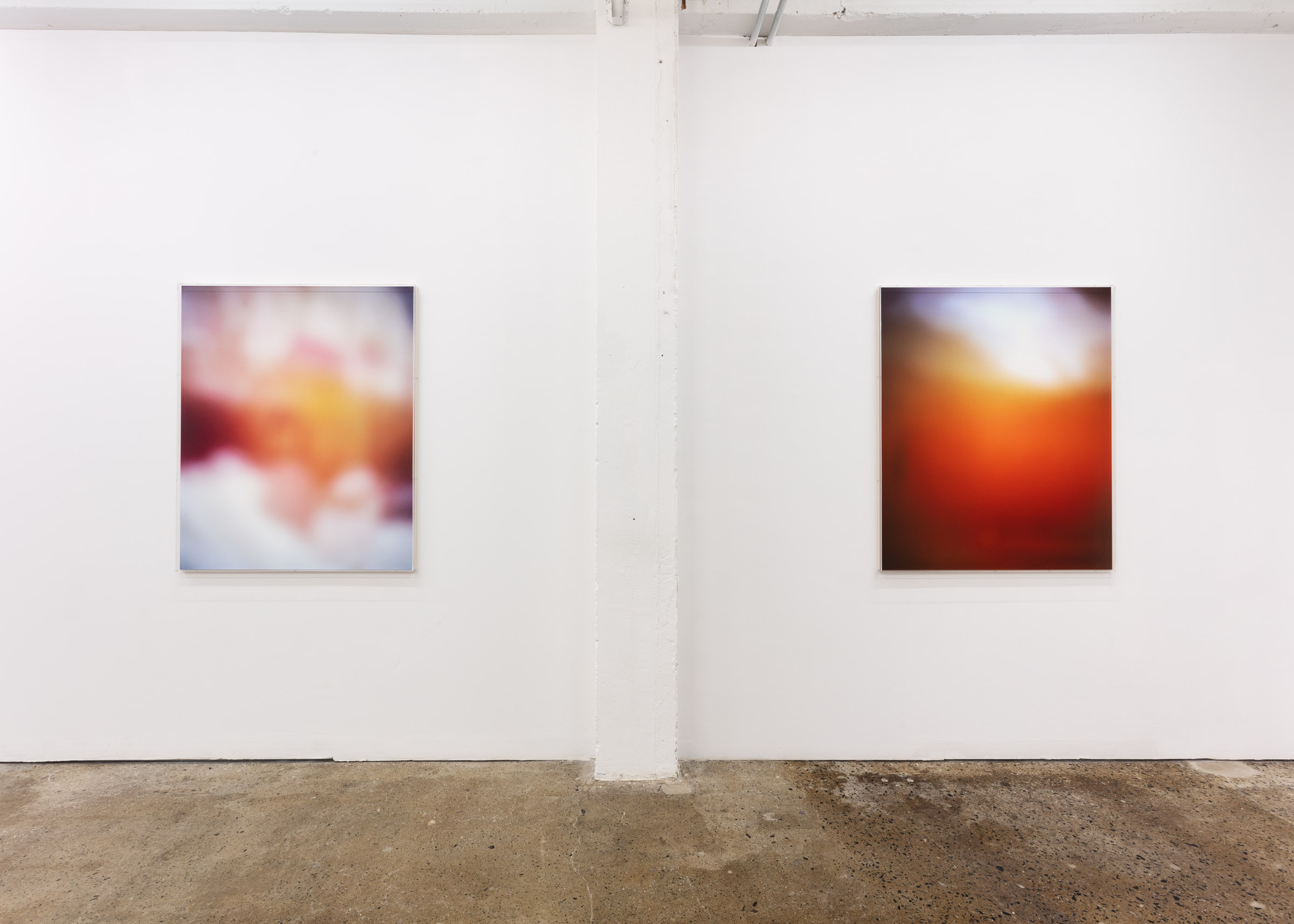


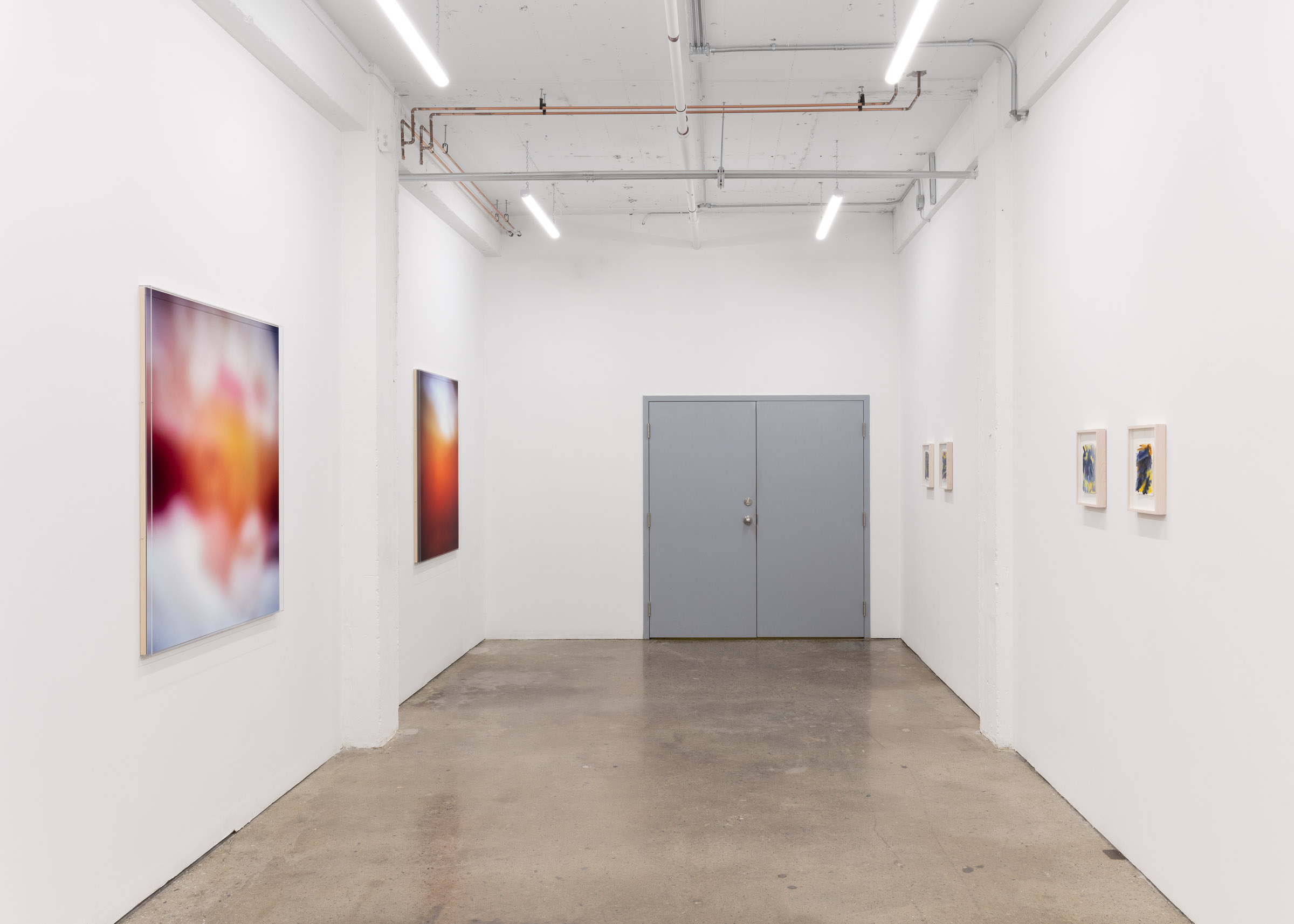
How shall we sharpen our eyes in this time of deluge? When circling closer inevitably gives way to plunging into the sea? The student drew near to pull up the blinds. Glints of sun poured in and the yolk of his lids winced to adjust. He had spent countless, sleepless nights copying the text of manuscripts in their margins. Looking back, much of his handwriting was illegible and smudged into the printed words, a trail of having written in the visibility of moonlight while stroking the shadow of the night.
Copying and imitating was all he had known. His teacher always told him to read as he wrote so that he could sit and recite with downcast eyes. And he would. He would walk arm and arm with authors and live as both narrator and reader, a knowledgeable scholar of history, literature, and philosophy, of their cadences and intonations. This act was supposed to be about repetition, observation, and taking time. Dipping himself into stillness stretched the stillness and made it so much more palpable. Particularly delightful were the times he copied mementos like memoirs and diaries, but felt shameful doing so uninvited, as if he was passing them off as his own, so he chose to study them in darkness past twilight to cockcrow.
He thought his copies were not of any merit on their own. What use was it to be the index of triumphs past, when it existed elsewhere already, achieved something already? Such is the aspiration of signification, he reasoned. Gradually, feeling these achings, he transitioned to solely nocturnal studies in the hopes of ascending to more intimate visions within the depths of darkness. He enjoyed copying letters because they were intended for loved ones and they waxed warmth. He could ruminate in their time and place, and he soon also started to put himself in them, imagining ways to fill their lingering gaps. The virtue of looking closely at something for a long time is that your eyes start to roam and notice the details, the cracks, and the dust gathering in the corners, all hinting that somebody was there before you. Everything melts into the mist after a while, noises start to hum. Last night when he was copying and reading a love letter, it felt like he was dreaming—or no, not dreaming. He could see quite clearly a precise picture. Tired of the rote nature of his exercises, he started to take liberties and unravel until he could hardly see. Tracing the same places that the candlelight touched, he performed a rupture, an unfolding, enveloping himself within the text. At daybreak, he groggily awoke to find only the fog of brilliance pressed upon his hands.
- Theresa Wang, 2022
Nabil Azab (b. 1994, Paris, France) is a multidisciplinary artist of North African descent. They live and work in kanien’kehá:ka territory (Montréal). Azab employs drawing, painting, writing and researching as fodder for abstract photographic works that resist the objectivity and disciplinarity of the medium in contemporary life. Recent solo exhibitions include Something good that never happened at Afternoon Projects, Vancouver (2022) and the welling up which would not pass at DRAC, Drummondville, Quebec (2022).
